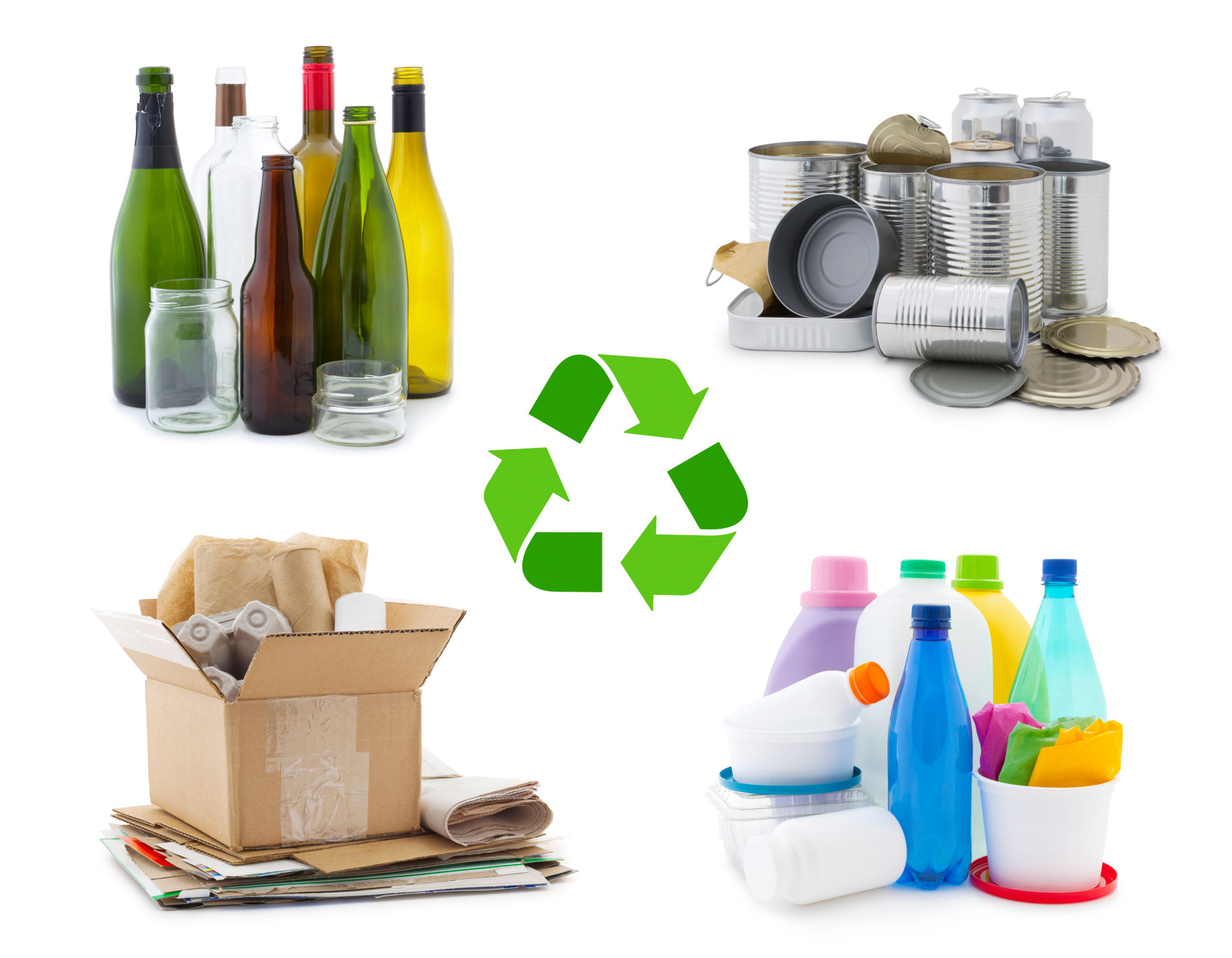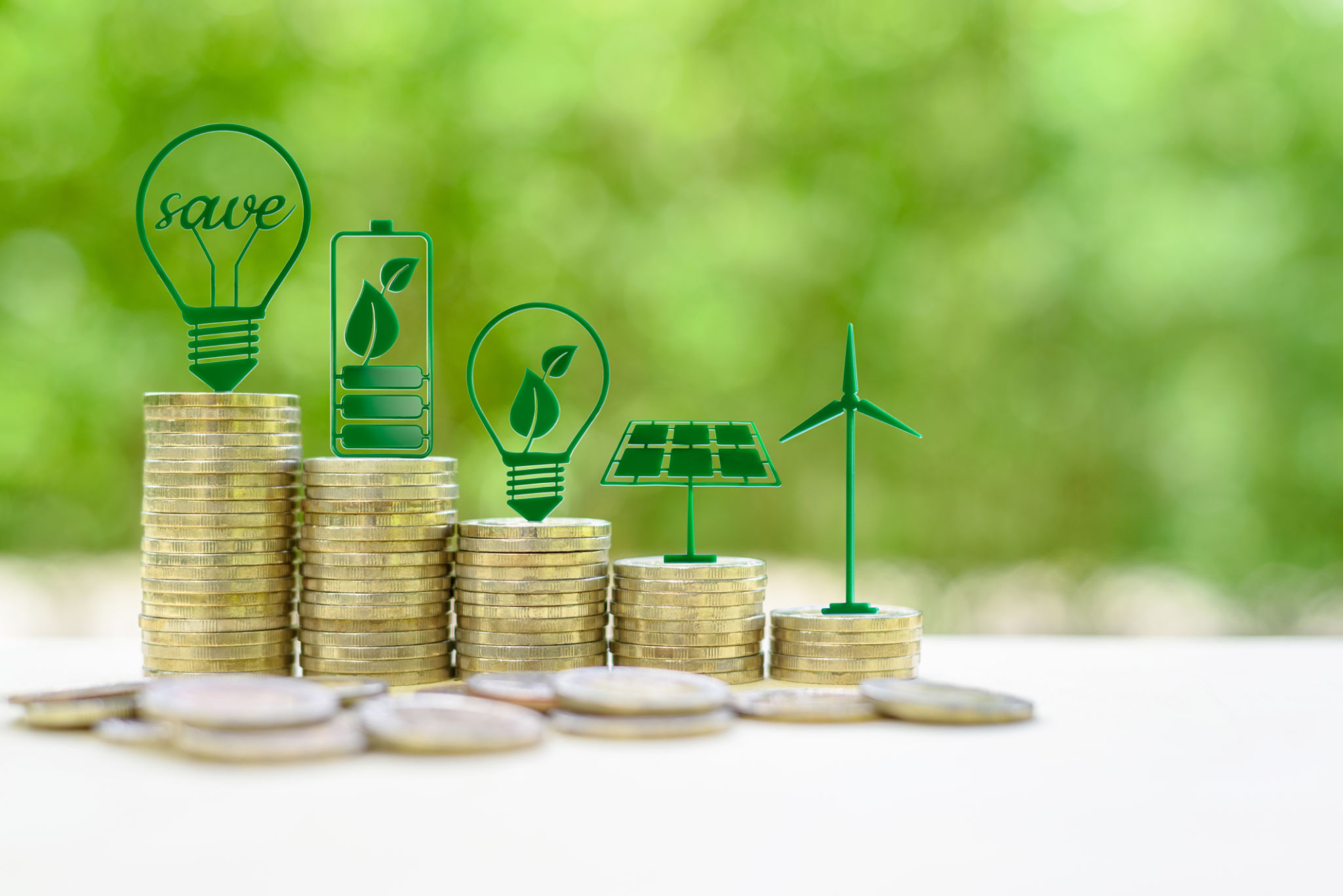Debunking Common Myths About Waste Management in the Philippines
Understanding Waste Management Misconceptions
Waste management is a critical issue in the Philippines, yet it is often clouded by myths that hinder effective solutions. By addressing these misconceptions, we can better tackle the country's waste challenges and work towards a cleaner and more sustainable environment.
One common myth is that waste management is solely the government's responsibility. While government plays a key role in regulation and infrastructure, effective waste management requires collective action from individuals, communities, and businesses. Everyone has a part to play in reducing waste and adopting sustainable practices.

Myth: Waste Segregation is Unnecessary
Many people believe that waste segregation is unnecessary because all trash ends up in the same landfill. This is not true. Segregation at source is vital for efficient recycling and composting. By separating biodegradable from non-biodegradable materials, we can significantly reduce the volume of waste that ends up in landfills.
Moreover, segregating waste facilitates the recycling process, allowing materials like plastics, metals, and paper to be repurposed into new products. This not only conserves resources but also reduces pollution and energy consumption associated with manufacturing new materials.
The Importance of Proper Waste Disposal
Proper waste disposal is crucial in minimizing environmental impact. A common misconception is that burning waste is an acceptable disposal method. However, burning releases harmful pollutants into the air, contributing to air quality deterioration and posing health risks.

Myth: Recycling is Not Effective
Some Filipinos believe that recycling efforts are futile due to perceived inefficiencies in local systems. While challenges exist, recycling is a powerful tool for managing waste. With improved systems and public participation, recycling can significantly reduce landfill use and conserve natural resources.
Community involvement and education are key to enhancing recycling effectiveness. Local initiatives that promote awareness and provide easy access to recycling facilities can make a substantial difference.
Debunking the Cost Myth
Another myth is that sustainable waste management practices are too expensive for widespread implementation. In reality, these practices can lead to long-term savings. By reducing waste generation and promoting recycling, communities can lower disposal costs and mitigate the environmental damage that often leads to expensive cleanups.

Additionally, governments and organizations can invest in technology and infrastructure that support sustainable waste management. These investments not only drive economic growth but also create jobs in the recycling and waste management sectors.
Conclusion: Embracing Change
Debunking myths about waste management in the Philippines is crucial for fostering a culture of sustainability. By understanding the realities of waste management and dispelling misconceptions, we can all contribute to a cleaner environment.
Education and awareness are powerful tools in this endeavor. By spreading accurate information and encouraging responsible practices, we can empower communities to take proactive steps toward managing waste effectively.
